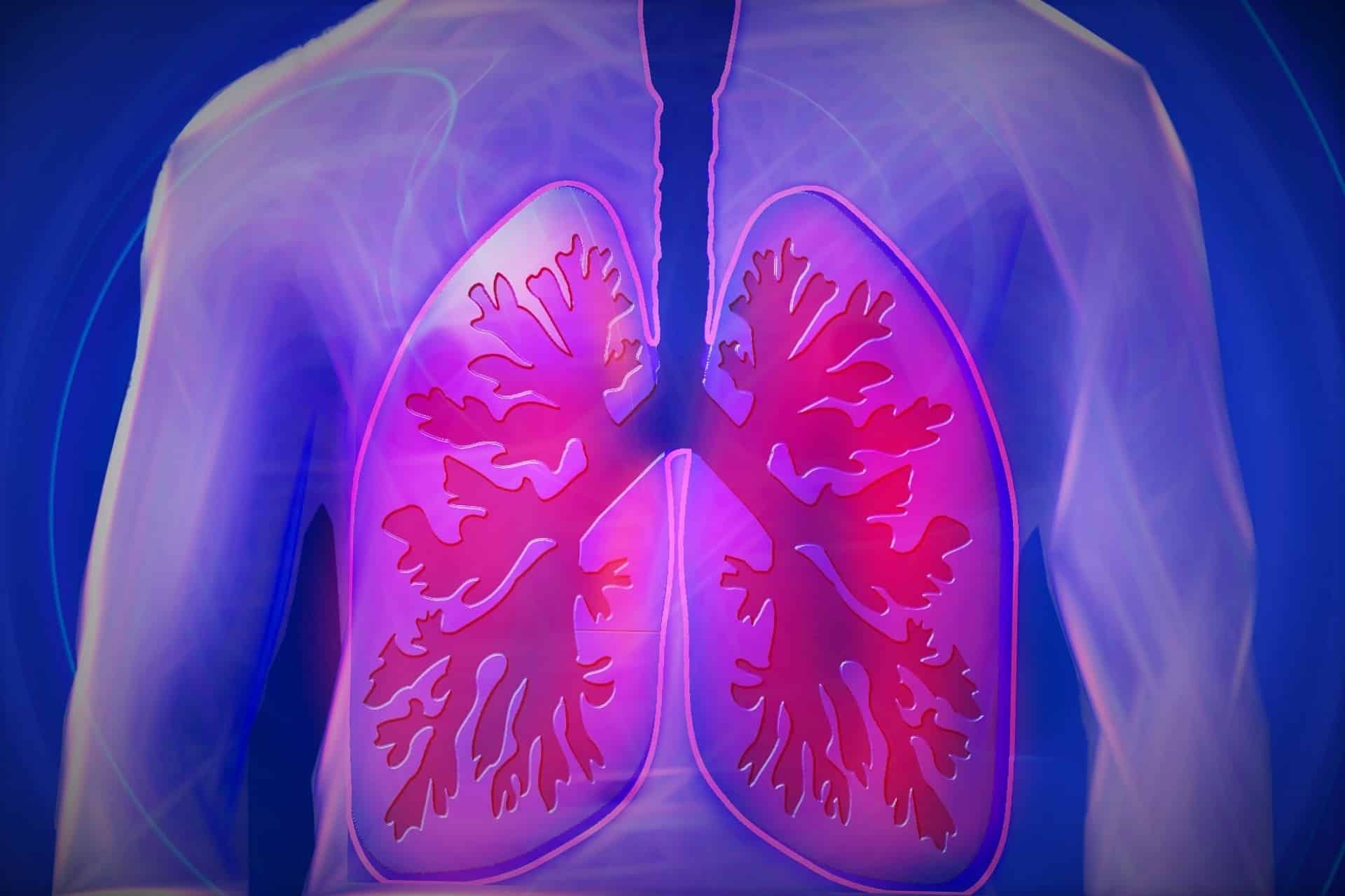
ALCOVE
Energy Environment
Want to learn more about
"ALCOVE" ?
Our teams at the IMT Nord Europe research centres are here to help
CONTACT US
Energy Environment
The INTERREG ALCOVE project, coordinated by Lille University Hospital (CHU de Lille), aims to improve lung cancer screening in the cross-border area of France – Wallonia – Flanders, through a coordinated, multidisciplinary and innovative approach.

The long-term goal of the ALCOVE project is to offer a new, non-invasive and fast tool to redefine the lung cancer screening pathway by:
The ambition is to enable earlier diagnosis, better patient care, and optimized use of available resources.
A major public health issue
A concrete impact on the territory
ALCOVE addresses three key challenges for the future of screening:
As part of this project, the CERI EE teams aim to enhance the response of the electronic nose by supplying new sensors based on conductive polymers. In this way, the centre’s expertise in the metrology and development of gas sensors, initially dedicated to air quality, is being applied to biomedical issues relating to the early detection of lung cancer.
Project Start: October 1, 2024
Duration: 4 years
Budget: €6.6 million
Coordinator: CHU Lille (France)
Partners: ULiège (Wallonie), Umons (Wallonie), ULille (France), IMT Nord Europe (France), Materia Nova (Wallonie), Eurasanté (France), CHU Amiens Picardie (France), CHU Reims (France), Groupe Hospitalier Artois Ternois (France), KU Leuven (Flandre), Université de Reims Champagne-Ardenne (France), CHU HELORA (Wallonie), U.B Institut Jules Bordet (Bruxelles), UZGent (Flandre), CHU de Namur (Wallonie), UZ Leuven (Flandre)
Stay updated on the project:
Our teams at the IMT Nord Europe research centres are here to help
CONTACT US